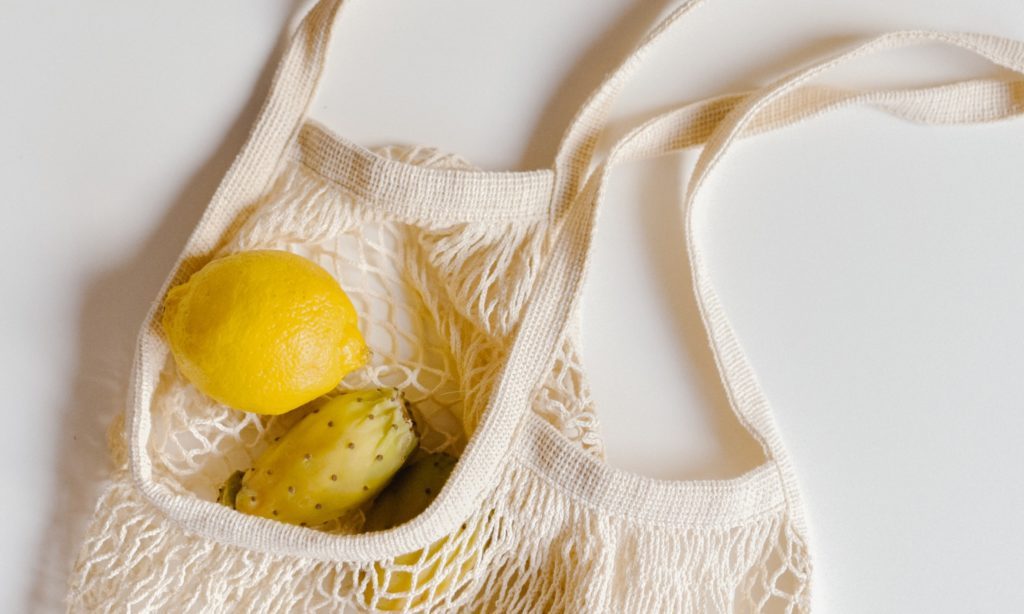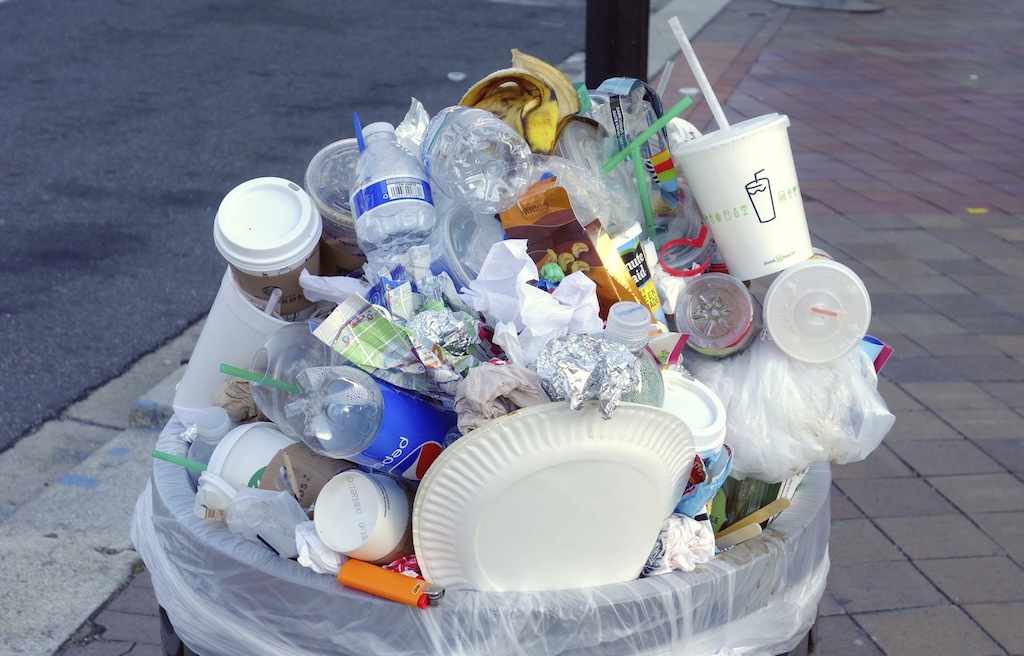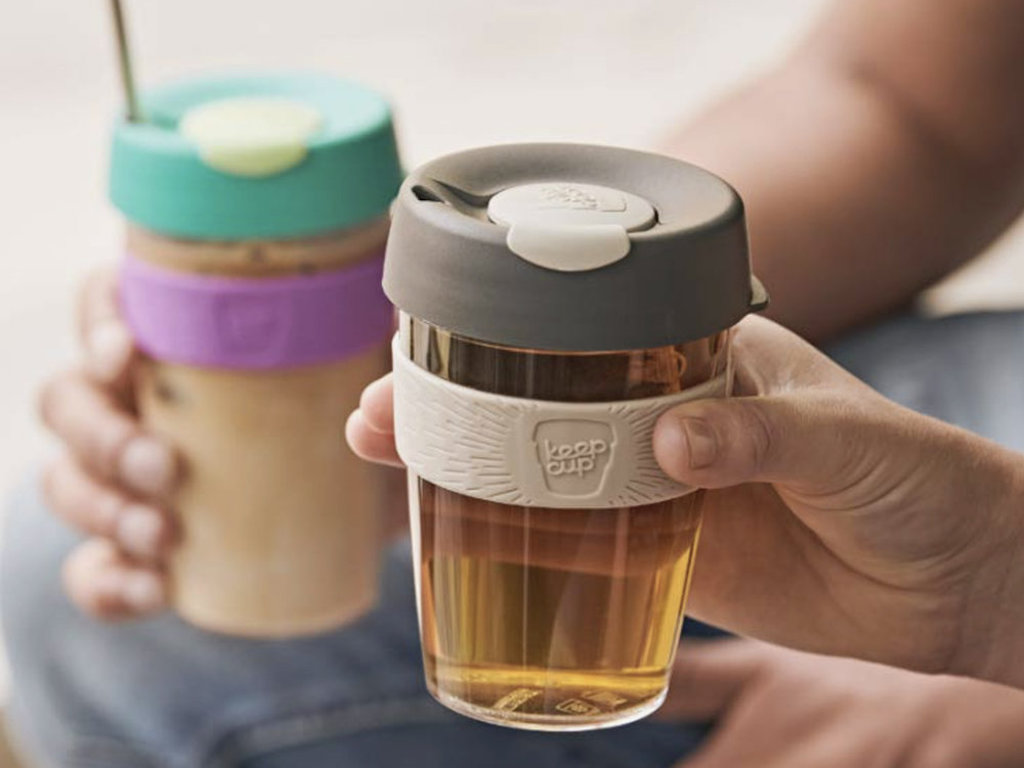5 Mins Read
Amid the current coronavirus pandemic, there seems to be fear around the use of reusable products. Many companies are now temporarily banning the use of reusables as a “precautionary” measure. In this Green Queen in-depth feature, we explore the question of whether anti-reusable measures are warranted, or even effective, when it comes to preventing the spread of the coronavirus?
The answer is complicated – it comes down to how well all of us maintain our distance and personal hygiene. Experts and company risk management teams are right to be concerned. But if proper preventative steps are followed then we can responsibly reduce the burden our planet with more disposable items without accelerating the spread of the pandemic.
As of press time, Covid-19 has infected over 218,000 people across 173 countries and territories and the death toll is nearing 9,000. Since the onset of the coronavirus pandemic, the way food and drink is consumed and industry policies have changed dramatically.
Starbucks, for instance, recently made the decision to no longer allow customers to bring in their own coffee cups and Pacific Coffee has suspended their Bring Your Own Mug offer. Some coffee chains in the United Kingdom notified that customers will still receive a discount for bringing reusables, but drinks would regardless be served in disposable paper cups.
Food delivery companies such as Deliveroo have adapted by adopting social distancing measures, giving customers the option to choose contact-free delivery upon check-out so the order can be left at the door. Certain grocery chains in the United States have even discouraged the use of tote bags in fear that they may supposedly help spread the coronavirus. Other offices are limiting the use of reusable personal items, such as cutlery and water bottles in the workplace until further notice.
For many of us committed to living a sustainable lifestyle and have ditched disposable products, these policies are difficult to navigate and you might be wondering whether reusables – bottles, mugs, cutlery, shopping bags – are really posing a risk to our health and safety.

According to the United States CDC, the primary way that Covid-19 can spread is through respiratory droplets when an infected person coughs or sneezes, which can be transmitted to another person who is exposed to the droplets. Reusables are therefore only a risk if the item that has been exposed to these droplets is being passed onto another person.
Infectious-disease experts have also reiterated that washing hands is a greater priority in terms of precautionary measures, because the risk of contracting the disease and transmitting it to others due to poor hand hygiene is far higher than through the use of reusables.
“I don’t think that people’s office water bottles are going to be the way that this pandemic unfolds…There are people that are worried about the esoteric means of transmission, and I think that kind of detracts from the main message here, that this is a respiratory virus. Wash your hands, don’t touch your face, cover your coughs,” explained Amesh Adalja, infectious-disease expert at the John Hopkins University Center for Health Security, in conversation with HuffPost.
We reached out to Dr Benita Perch, a naturopathic physician at the Integrated Medicine Institute (IMI) in Hong Kong, who told us that while she could understand why an outside company would not accept reusables as “they cannot guarantee you have cleaned it properly,” if the reusable is “for an individual to use on their own, [there is] no issue if cleaned properly.” She added that there does remain a risk given the current pandemic “as everyone’s standards are different,” which makes it difficult for many F&B outlets to accept everybody’s reusable products without knowing how sanitary the item is.
However it’s important to underline that experts have voiced that in any circumstance – whether there is a pandemic or not – proper hygiene should be practiced with all reusable items. Though it is difficult to say that everyone adheres to the official hygiene advice to properly clean your reusable cups, jugs and bags regularly, in general, most people do so and are especially vigilant now given the current circumstances.
Staff at coffee chains and restaurants should also be following a regular hand-washing regimen in any event – during and in absence of the pandemic. The Food Standards Agency in the United Kingdom, for instance, outlines that anybody who works with food must wash hands “after touching items such as phones, light switches, door handles, cash registers and money”. The same legislation is in place in Hong Kong under the guidelines by the Centre of Food Safety.

It’s worth noting too that while the situation continues to evolve, government and health officials’ advice on precautionary measures against contracting the virus has not included avoiding reusable products. This is because reusable items are unlikely to spread viruses as long as they are properly washed or disinfected between uses.
The same rules apply for fabric cloth bags and secondhand items such as clothing. In a statement that consignment platform Rent The Runway issued amid the pandemic, the company reassured customers that there is “no evidence that Covid-19 can be transmitted from soft surfaces like fabric or carpet to humans.”
Bottom line: using disposables and avoiding resale products will not necessarily help protect you from the coronavirus. Individuals are more likely to get coronavirus from any item that has been coughed on by an infected person, rather than your own self-cleaned and properly disinfected items.
So the best thing we can do? Understand that some companies may feel like the situation is too risky and have therefore put in place anti-reusable measures – we don’t have to contribute to the 600 billion disposable cups, 1 trillion single-use plastic bags and 480 billion water bottles being thrown out each year if we choose not to purchase from these companies. If you do happen to go to a place where reusables are accepted, do be responsible and use your reusable items safely by cleaning them properly after every use.
Read our earlier news coverage of Covid-19 and tips on prevention here.
Lead image courtesy of KeepCup / Amazon.




